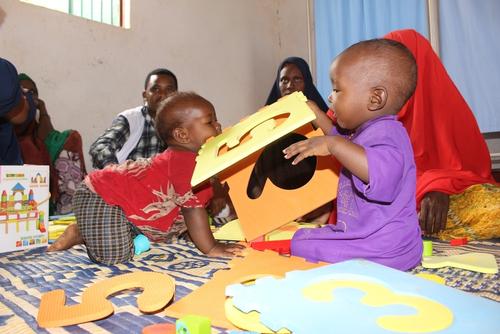During the 1990s, MSF teams made a bitter observation: we were failing to treat some of our patients suffering from infectious diseases, while in developed countries, remarkable progress was being made in the field of health. Two decades on, medicines in developing countries are still either too expensive, aren't suitable to be used in many of the contexts in which we work (for example, in hot, humid conditions or where there's a lack of electricity), or simply don't exist for the diseases we need to treat.
In 1999, we launched the Campaign for Access to Essential Medicines, now known as the Access Campaign. Its mission focuses on three areas: overcoming barriers to access to essential medicines, stimulating research and development for neglected diseases, promoting health exceptions to global trade agreements.
In 2003, MSF joined several research institutes, including the Institut Pasteur, to create the Drugs for Neglected Diseases initiative (DNDi), a non-profit research and development organisation engaged in research and development of new treatments for neglected diseases.
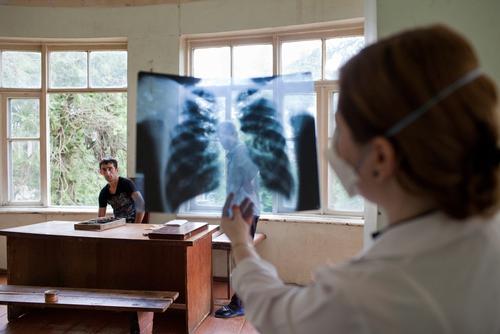
Public health groups welcome agreement for development of promising new TB drug
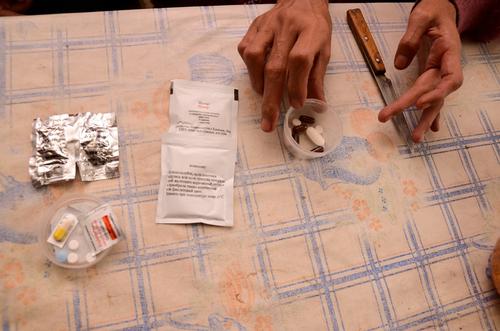
Pioneering clinical trial for drug-resistant tuberculosis starts

MSF briefings and interventions at WHO Executive Board 140th session
The alarming consequences of poor quality medicines
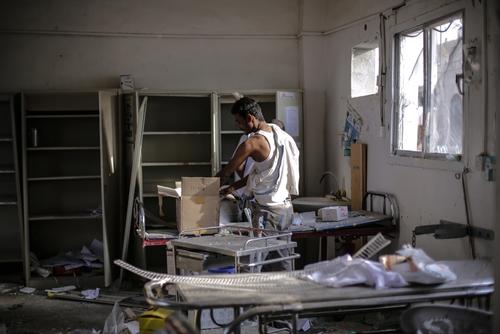
Crisis update - December 2016
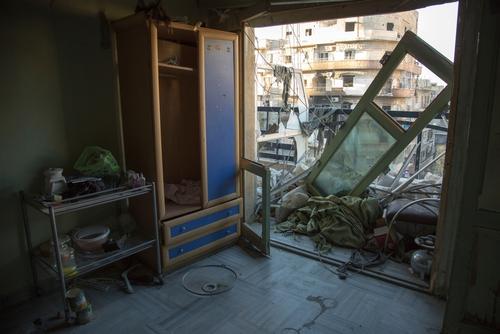
MSF sends medical supplies to the wounded evacuated from east Aleppo
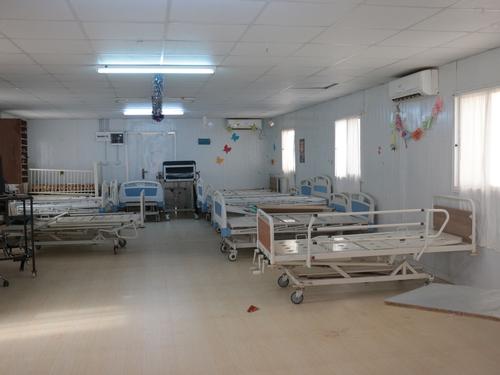
Border closure forces MSF's clinic for war-wounded Syrians in Zaatari refugee camp to shut
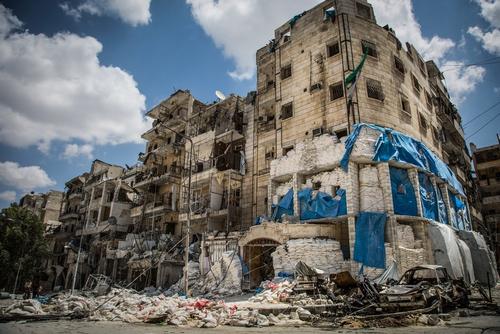
Crisis update — 28 November 2016
